A few days before the Oscars, in a viral Instagram video, RuPaul, perhaps the most famous drag queen in the whole world and host of the hugely popular and impactful reality competition series RuPaul's Drag Race, made the following statement: ‘Hey, look over there! A classic distraction technique, distracting us away from the real issues that they were voted into office to focus on…But we know that bullies are incompetent at solving real issues. They look for easy targets so they can give the impression of being effective. They think our love, our light, our laughter, and our joy are signs of weakness. But they’re wrong because that is our strength. Drag queens are the Marines of the queer movement…Register to vote so we can get these stunt queens out of office…’ Both of these statements have the same target: the recent anti-drag and anti-trans laws that have been legislated across the USA by neoconservative politicians. The sad occasion for such powerful public statements was a series of bills signed into law by Tennessee Governor Bill Lee which criminalize drag and undermine the wellbeing of transgender youths.
More specifically, these bills restrict ‘adult cabaret performances’ in public places where minors might be present and these performances include ‘male or female impersonators who provide entertainment that appeals to a prurient interest’, that is drag shows. This wide definition makes it difficult for trans people to even walk the street as they might be prosecuted as criminals for 'being in drag', let alone strangles the freedom of expression in terms of both gender expression and identity and artistic expression alike. On top of that, another bill was introduced on the same day that bans gender-affirming health care for transgender youths followed a few days later by another one requiring ‘adult cabaret performers’ to get a permit in order to perform. According to Los Angeles Times, as of March 8, lawmakers in 14 states, most of them Republican-led, — including Arizona, North Dakota, Kentucky, and Texas — have also proposed anti-drag and anti-trans laws with similar language. But what is the key rhetorical trope all of these arguments share, and which makes them effective in mobilizing the constituents and lawmakers in this new era of cultural wars?
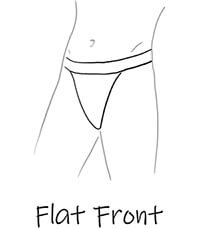




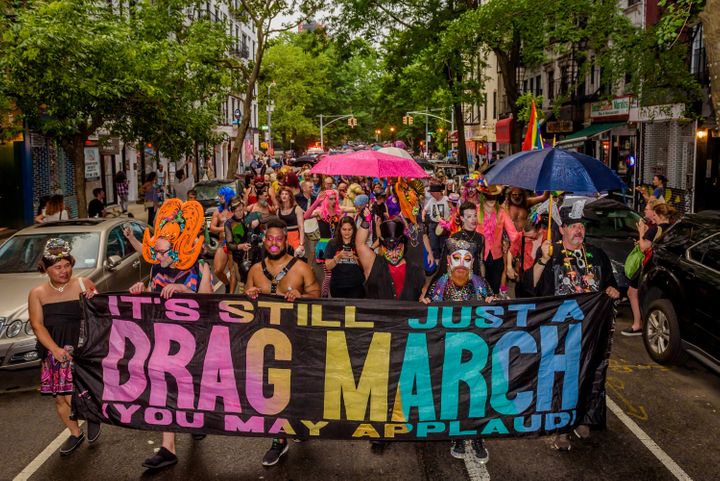
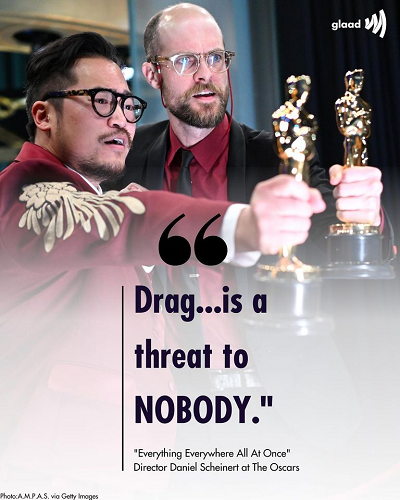
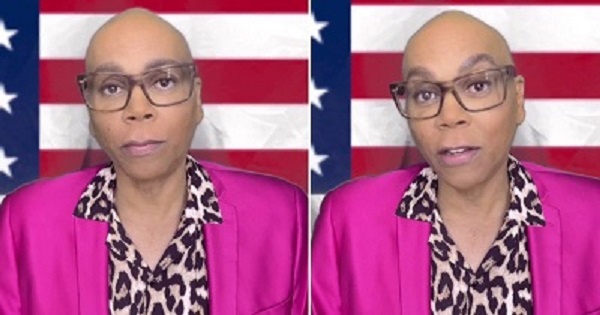
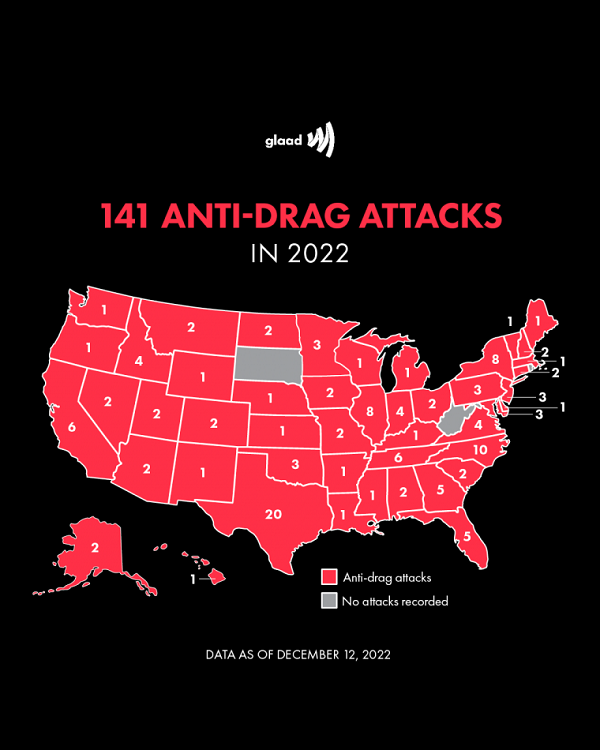

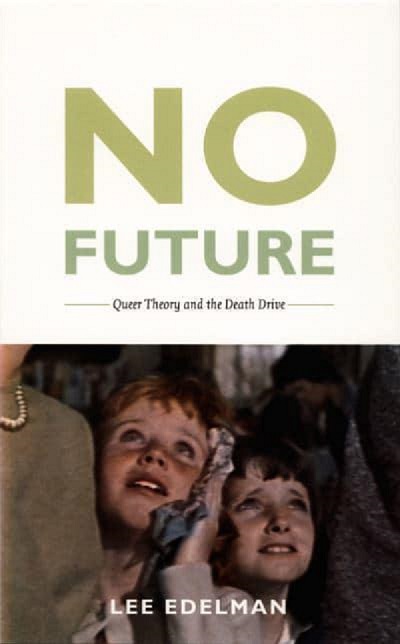
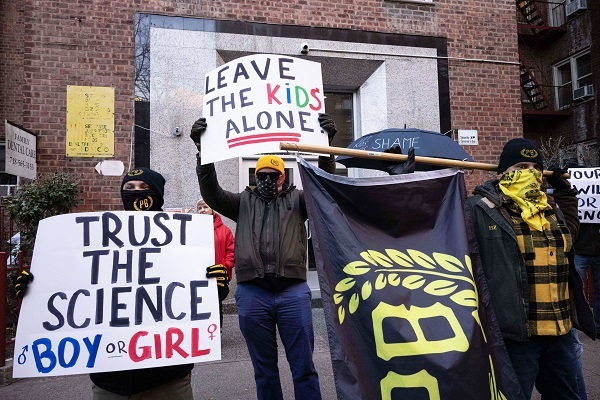

 Login
Login